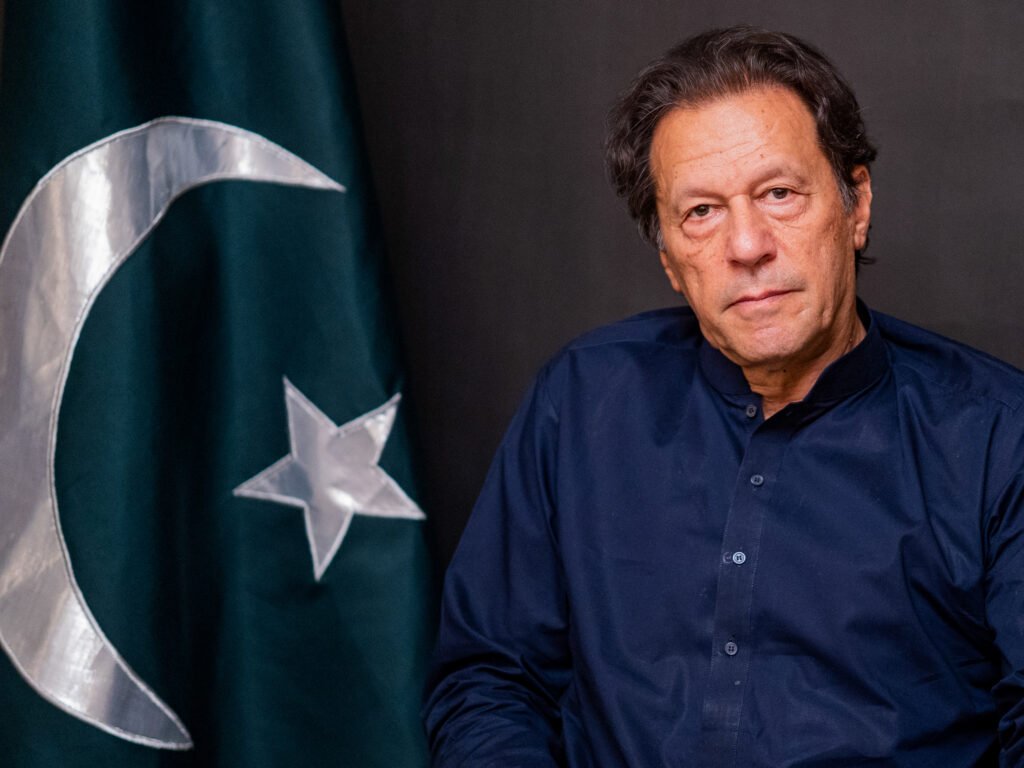Pakistan’s political landscape has been rocked by a series of legal pronouncements surrounding the enigmatic figure of Imran Khan, the charismatic former Prime Minister now embroiled in a web of convictions. This latest sentence of seven years, alongside his wife Bushra Bibi, for an allegedly illegal marriage adds another layer to his tumultuous journey, one that has transcended the field of cricket and entered the murky waters of Pakistani politics.
The crux of the matter lies in Bibi’s previous marriage and the contested validity of the Iddat period, a mandatory waiting period mandated by Islamic law. Her former husband, Khawar Farid Maneka, alleged their union with Khan violated this tenet, constituting both bigamy and adultery. The district court in Adiala Jail, where Khan is already incarcerated on various charges, found merit in these claims, pronouncing a seven-year sentence for both Khan and Bibi.
This isn’t Khan’s first brush with legal troubles in recent weeks. Earlier, a 10-year sentence for leaking state secrets and a 14-year sentence for corruption pertaining to state gift sales cast a long shadow over his political aspirations. Notably, these legal pronouncements coincide with Pakistan’s upcoming General Election, further complicating the already volatile political climate.
While Khan and his party, Pakistan Tehreek-e-Insaf (PTI), maintain the convictions are politically motivated and a “mockery of the law,” analysts paint a more nuanced picture. The PTI itself acknowledges Khan’s presence at the 2018 marriage ceremony, raising questions about the party’s narrative. Additionally, Khan’s tumultuous tenure as Prime Minister, marked by allegations of financial impropriety and clashes with the powerful military establishment, has fueled public perception of these legal proceedings as a culmination of long-standing tensions.
The implications of these legal entanglements extend far beyond Khan’s personal fate. His disqualification from contesting elections and holding public office for a decade significantly alters the playing field in the upcoming polls. Khan’s supporters remain passionate, their allegiance fueled by his populist rhetoric and anti-establishment stance. This volatile mix, coupled with allegations of military interference in the electoral process, raises concerns about the legitimacy and stability of the upcoming elections.
As Pakistan grapples with its democratic future, the legal saga surrounding Imran Khan serves as a potent reminder of the complex interplay between politics, religion, and the rule of law. The coming days and weeks will be crucial in determining the impact of these pronouncements on the nation’s political trajectory, leaving many to wonder if this is the final chapter in the enigmatic story of Imran Khan, or merely the latest twist in a saga far from over.

